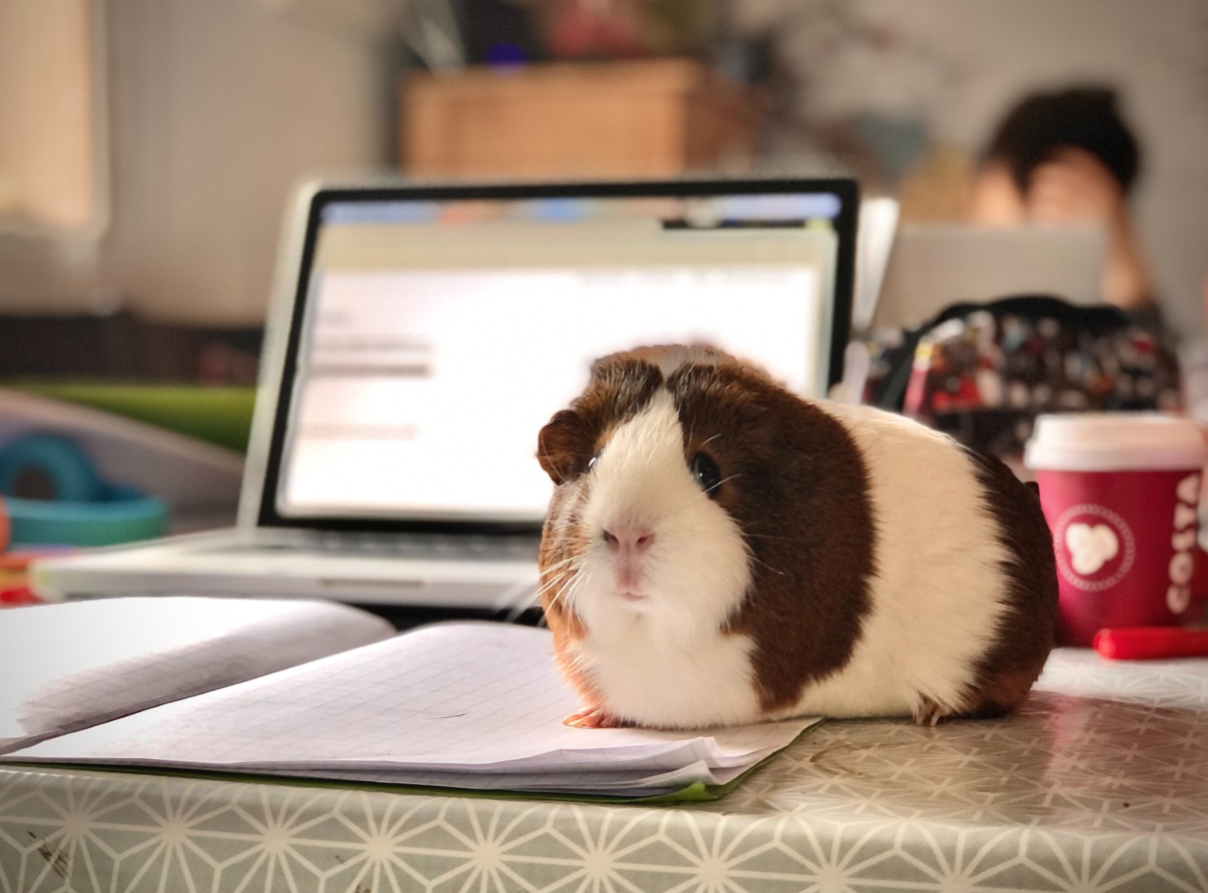March 2022

These can be as mundane as washing the sink or taking out the recycling. Important like working on another homework assignment or doing my meal planning for the week. Or even fun like watching a new tv show, or going out with friends to a new restaurant. Regardless of if I am going to do those other things or not. All I need is the potential, and they become effective distractions.
While procrastination can and often is enjoyable, it is not an effective strategy in the long run. Overindulgence leads to negative consequences. Some things, no matter how much we try to avoid them, need to get done. Just because I delay calling to make a doctor’s appointment, for example, does not mean I do not have to go. I still need to go to my yearly exam. Likewise, postponing finishing up an assignment does not complete it any faster. It gives you even less time to complete the work. No matter how fun it is to play another round of Among Us, it will not help you write your Ph.D. dissertation or your Master’s thesis. Because those assignments are pertinent to final degree procurement, procrastinating and not completing the minor deadlines over the year can lead to problems finishing these large assignments on time. Therefore it is vital to know when and how to procrastinate effectively.
I bet you did not think I would be suggesting to procrastinate, but that is the truth. Telling someone not to procrastinate is the same as telling someone not to breathe or not digest what someone eats. We all do it, and trying to stop doing something that comes naturally to everyone is unreasonable. Instead, master it.
Firstly, acknowledge that you are not a lazy person for choosing to procrastinate. It is not a character flaw, nor is it your Achilles heel. Procrastination is a normal response for some people, including myself. I am an INFJ, according to the Meyers Briggs personality assessment. Therefore, when I am overwhelmed with a task, I naturally overdo sensory activities. I enjoy taking extended breaks to watch movies or listen to music. At times, I have even found myself simply opening a new tab on my computer, then closing it immediately after to see a new screen. These forms of procrastination are common in people with my personality type who face stress. Other personality types known to search out stimuli when stressed are INTJs, ESTPs, ESFPs, ISTPs & INTPs. Even if you are not the following types, that does not mean that you do not use this method regularly as a mechanism when feeling swamped with work. So next time when you get the urge to stop doing a necessary task, take a breather and say to yourself, “I feel like I need to procrastinate, and that is normal.”
Next, figure out if your most common vices are healthy ones to continue doing or not. Sometimes procrastination activities are positive, like going shopping to get needed groceries or picking up dog poop in the backyard, while others are not like overconsuming alcohol, abusing drugs, or alcohol. These activities are harmful to not only you but also the people around you.
While in this thought process, determine why you are choosing the procrastination activities in the first place. Are you playing a game on your PlayStation because you are unsure of the next step to take, or are you doing it to look at a different image on the screen? Are you taking time to do a hobby in the middle of doing coursework because you missed doing this hobby the past weekend due to an extra shift at work or because you are trying to find yourself again after feeling unlike yourself? When you find yourself procrastinating, take a moment and think, why am I doing this? No matter what reason you come up with, make a mental note of what activity you are doing and why you think you are doing it.
Lastly, after having taken that knowledge into account, schedule time for it. Not everyone is a planner like me. But, if you can, make time to do those activities during outside your work time. Perhaps you schedule a 5-minute break every hour you work to leave your office chair and walk around the house. Maybe you wake up 10 minutes earlier than usual, giving yourself a 10-minute break sometime during the day to check social media. Or make time for a weekly call with a friend each weekend. It does not have to be scheduled in on a planner if that is not your jive, but make it intentional. Make time for the things you want to do and the things you have to do. Then you will find yourself oddly procrastinating with more intention. And surprisingly, I no longer felt guilty about procrastinating when I scheduled the time in. Is it even called procrastination when you plan for it?
Regardless of if you choose to follow these three pieces of advice or not, I hope you enjoyed your time procrastinating while reading this.